Anjali Sastry argues that hackathons are bad for innovation. It’s a useful counterpoint to a process that has become very popular. We’ve been to some great hackathons ourselves, but Sastry makes some useful points here. The article challenges the idea that innovation is best supported by these intense experiences, which may neglect the longer, harder road that real change must take.
“Innovation is usually a lurching journey of discovery and problem-solving. As a result, it’s an iterative, often slow-moving process that requires patience and discipline. Hackathons, with their feverish pace, scant parameters, and winner-take-all culture, don’t just sidestep this process, they discourage it.”
Sastry suggests that hackathons tend to frame challenges too narrowly, so that teams fixate on solutions – rather than “problem-finding” where more discursive and reflective enquiry can lead to deeper insights.
On a related note, Emma Sappälä writes that being too busy can be the biggest block to innovation. She makes a good case for the value of idle time and daydreaming in developing creative insight.
Facilitators are often under pressure to “energise” meetings and to get to ambitious outcomes in limited time. We think it’s important to push back against unrealistic expectations and to see meetings as part of a much longer term process of growth. Sometimes deadlines can stir creative thinking, but we usually find a variety of paces are needed to sustain creative engagement.
(Photo by Pietro Mattia on Unsplash)
